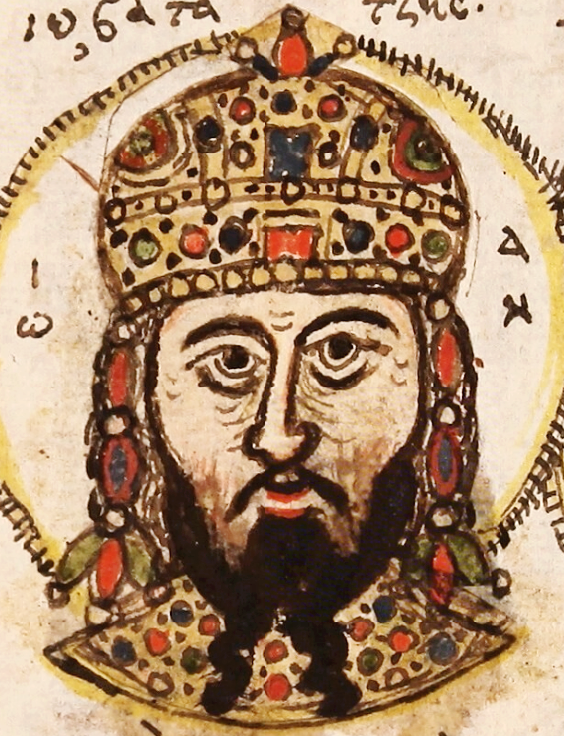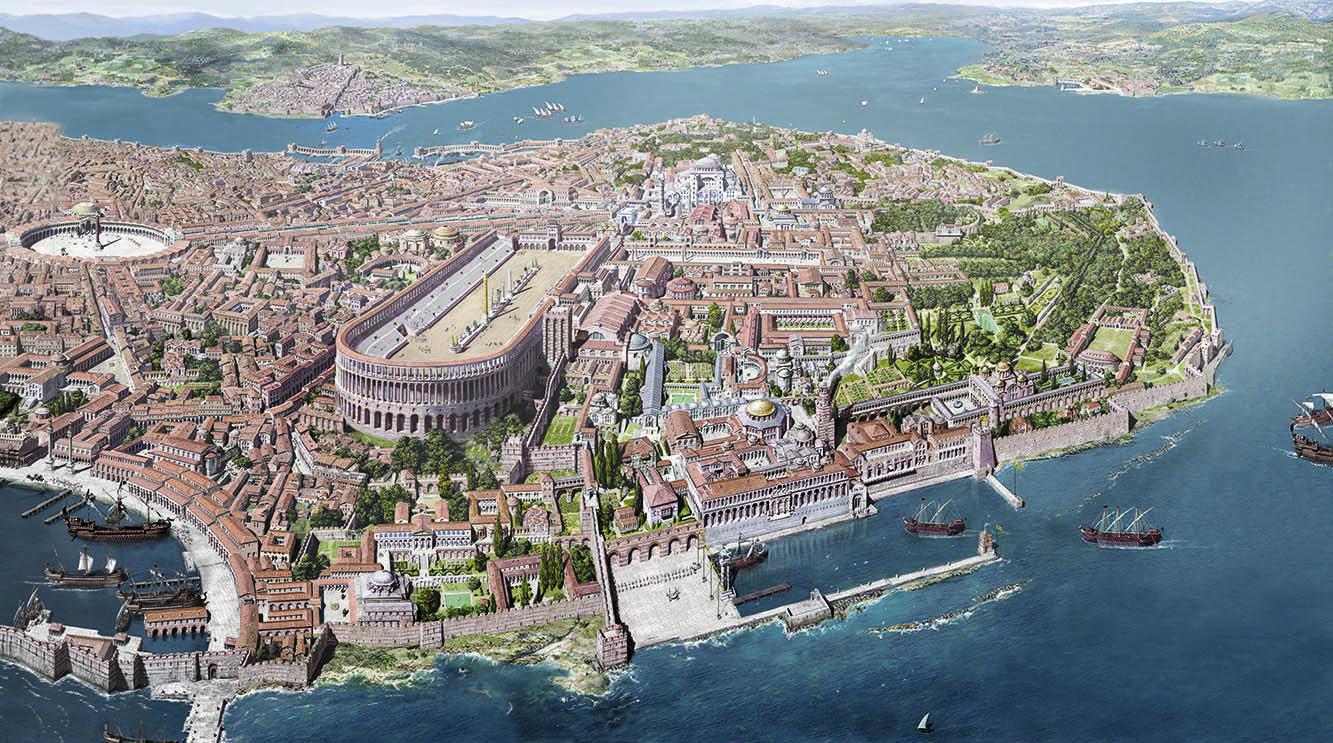By Dimitris Topalis,
The battle of Adrianople was crucial for both the Nicaean Empire and the Bulgarian monarchy. The Greeks of Macedonia and Thrace were caught off guard by the expansion of Nicaea’s power and began to contemplate the possibility of reaching an accord and forming an alliance with the Bulgars against the Latin Empire. All of this was made possible by the Byzantines’ and Bulgars’ combined alliance, as well as the Byzantines’ triumph over the Latins at the Battle of Adrianople. After the battle, the Latins started to regret the way they thought of the Bulgarian Emperor and they were weakened significantly.
The successor of Theodore I Laskaris
Theodore’s competent rule had kept the Empire of Nicaea alive in the aftermath of the fall of Constantinople, but it would be his successors that make Nicaea revive the Byzantine Empire. After Theodore died in 1221, he was succeeded by his son-in-law, John III Doukas Vatatzes (1222-1254), who became the most important Nicaean emperor. There was a lot of debate over who would follow Theodore, but in the end, John went on the attack against the Latin Empire, conquering its Asian possessions and even temporarily taking Adrianople. Perhaps John’s greatest diplomatic success was his making an alliance with Frederick II, Holy Roman Emperor (1220-1250) and King of Sicily (1198-1250), the most powerful ruler in Europe.

Both men were enemies of the Papacy, which was the foundation for this alliance. To this day, this alliance is synonymous with John’s reign and the backing of the powerful Frederick II raised the importance of Nicaea in the eyes of Europe. While the friendship lasted through Frederick’s death in 1250, the relations between the Empire of Nicaea and Sicily became better under Frederick’s son and successor, Manfred (1258-1266). John also made an alliance with the Seljuks and the Empire of Trebizond against the Mongols when they invaded the region in the decades of 1230-1240.
The recapturing of Constantinople
After the son of John III Doukas Vatatzes, Theodore died in the year 1258 the one left on the throne was the 8-year-old John IV Laskaris. Seeing this, the powerful General Michael VIII Palaiologos took advantage of this situation and made himself the second emperor the next year. Michael defeated the powerful alliance of the Despotate of Epirus, the Latin lords of Greece, and Manfred at the battle of Pelagonia in the year 1259. Following the battle, Michael recaptured all Epirotic lands outside Epirus and the lands in Southern Greece around the city of Mystras.
Michael then planned to retake Constantinople. He signed the Treaty of Nymphaeum with Genoa in 1261, granting exceptions to the Genoese people in exchange for military support against the Latin Empire. With all fairness, this was not necessary. Michael’s General Alexios Strategopoulos was patrolling near the city and with the Latin Empire’s army outside of the city on another mission, Alexios snuck into the city and recaptured Constantinople.
Conclusion
The Empire of Nicaea played a huge part in the recapturing of Constantinople and the reforming of the Byzantine empire. It also makes a huge impact on the world’s history, as things would have been different without the Empire of Nicaea. It all came down to the brilliance of the family of Laskaridis, the were great rulers and fearsome tacticians. Also, without the brilliance of Michael Palaiologos, the recapturing of Constantinople would not possibly have happened.
References
- A. A. Vasiliev, History of the Byzantine Empire, 324-1453, vol. 2, published by the University of Wisconsin, 1964




